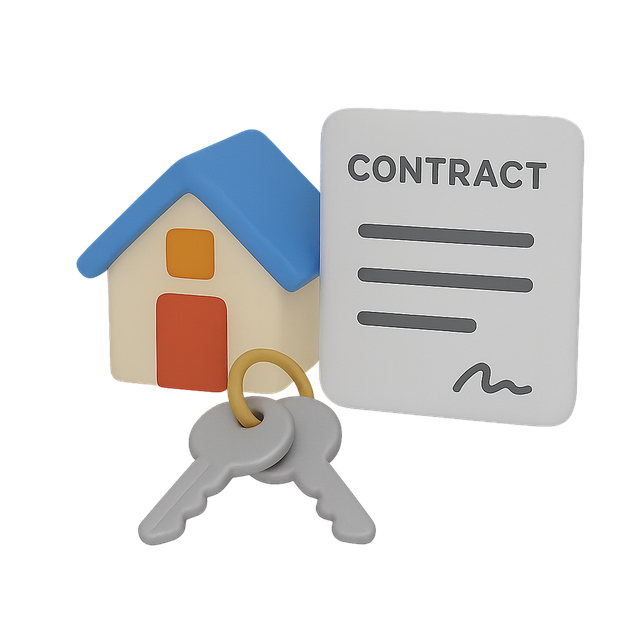Decoding lease agreements is crucial for students renting accommodation. Key rental contract terms include lease period, rent details, security deposits, maintenance, subletting rules, pet policies, and termination clauses. Understanding these ensures informed decisions, avoids misunderstandings, and navigates a positive rental journey, fostering good relationships with landlords and roommates.
“Navigating your first lease agreement can be daunting, especially for students. Understanding basic rental contract terms is essential to ensure a smooth and enjoyable living experience. This guide breaks down crucial aspects of lease agreements, including essential terms, rights and responsibilities as tenants, term dates, rent payment guidelines, and termination clauses. By familiarizing yourself with these key concepts, you’ll be well-equipped to make informed decisions regarding your rental contract.”
- Decoding Lease Agreements: Essential Terms Explained
- Understanding Tenancy Rights and Responsibilities
- Term Dates: When Does Your Lease Commence?
- Rent Payment Guidelines: What You Need to Know
- Termination Clauses: Breaking or Extending the Contract
Decoding Lease Agreements: Essential Terms Explained

Decoding Lease Agreements: Essential Terms Explained
When students rent accommodation, understanding the key terms in a lease agreement is paramount to ensuring a smooth living experience. A rental contract is more than just a piece of paper; it outlines the rights and responsibilities of both the tenant and landlord. Familiarizing yourself with these essential terms empowers you to make informed decisions and avoid potential pitfalls.
Key elements include the lease period, rent amount and due date, security deposit conditions, and rules regarding maintenance and repairs. Additionally, clauses related to subletting, pet policies, and termination procedures are crucial. Knowing your rights and obligations under these agreements can help students navigate their rental journey confidently.
Understanding Tenancy Rights and Responsibilities

When students become tenants, they need to grasp their rights and obligations outlined in the rental contract terms. This includes understanding the duration of their stay, rent payment expectations, and what is expected of them as residents. Knowing these lease terms is vital for maintaining a positive living environment and avoiding potential conflicts with landlords or roommates.
Tenants have the right to live in safe and habitable conditions, as per the lease agreement. This involves ensuring the property meets certain standards, such as having functional utilities, a secure environment, and repairs handled promptly. Students should also be aware of their responsibilities, like keeping the space clean, respecting noise levels, and adhering to any community rules or policies. Understanding these rental contract terms equips students with the knowledge to advocate for themselves and create a harmonious living situation.
Term Dates: When Does Your Lease Commence?

When you sign a lease agreement, one of the first things to understand is the term dates. These indicate when your tenancy begins and ends, which directly impacts your housing costs and responsibilities. Typically, the lease term aligns with academic years, starting in late summer or early fall and ending in May or June. However, variations exist depending on your location and the property’s management.
Knowing the start date is crucial as it determines when you need to move in and start paying rent. The end date signals the conclusion of your tenancy period. Some leases may offer flexibility with options to renew or extend, while others are fixed-term commitments. Always review the rental contract terms carefully for specific dates and any potential renewal clauses to ensure a smooth transition during your student years.
Rent Payment Guidelines: What You Need to Know

Rent payment guidelines are a crucial part of understanding basic lease terms for students. When renting, it’s essential to be aware of when and how rent is due, along with any variations in payment methods accepted by the landlord or property manager. Many rental contracts terms specify fixed dates for rent payments, typically on a monthly basis, while some may offer flexibility through automated deductions or online payments.
Understanding these rental contract terms is vital to avoid late fees or potential eviction. Students should also be clear about the consequences of missing a rent payment, including any penalties or increase in rent rates. Communicating openly with landlords and staying organized can help students maintain a smooth rental experience, ensuring they meet their financial obligations while enjoying their new living space.
Termination Clauses: Breaking or Extending the Contract

Termination clauses are a crucial aspect of rental contracts, providing clarity on how and under what circumstances the lease can be ended. Students should familiarize themselves with these provisions to avoid unexpected challenges. If a tenant wishes to break the contract before the lease term ends, they typically need to provide written notice within a specified timeframe, often paying a penalty fee. This allows the landlord time to find a new tenant, minimizing potential losses.
On the other hand, rental contracts may also include provisions for extending the lease. Students who wish to stay beyond the initial term can negotiate or follow the outlined procedures to renew their tenancy. Understanding these termination and extension options is vital for maintaining housing stability and avoiding legal complications during the tenancy period.
